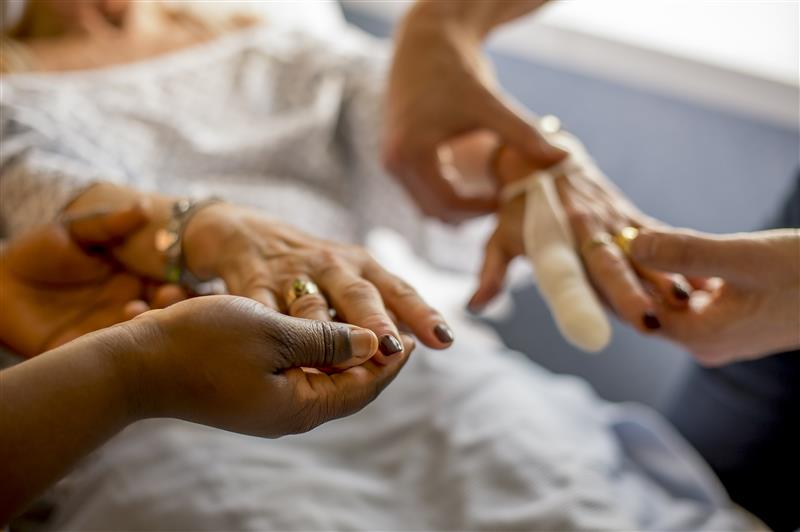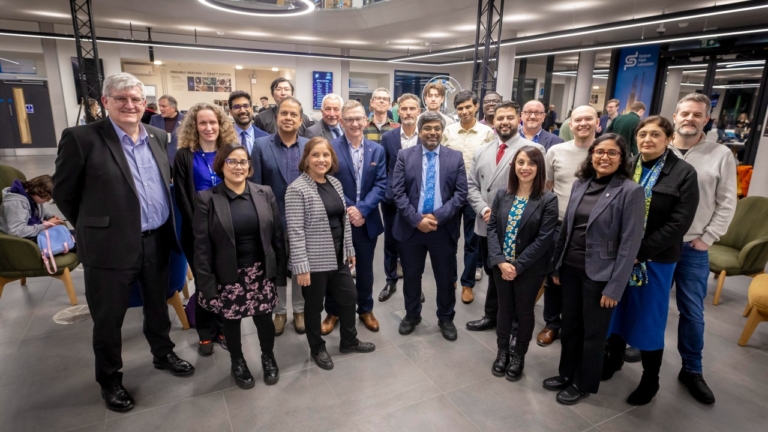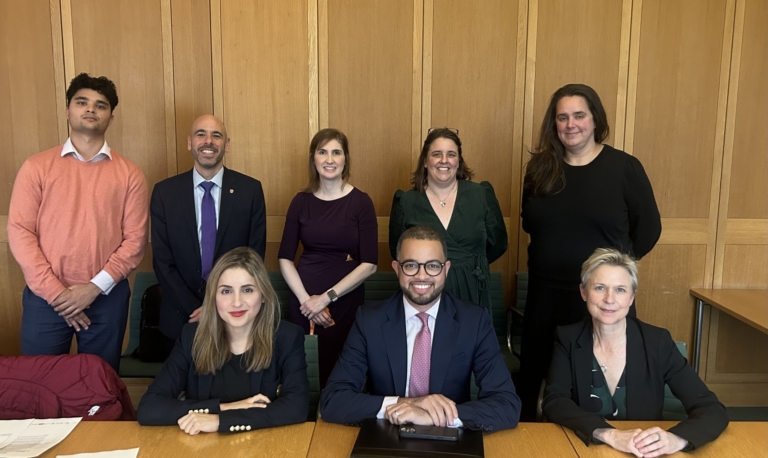As the country pauses to reflect on the recent fifth anniversary of the UK declaring a pandemic and going into its first COVID-19 lockdown, and to coincide with World Health Day, organisations across the Midlands are collectively preparing to launch a policy commission examining health and care inequalities across the region.
The Midlands Health and Care Inequalities Policy Commission, led by Midlands Innovation Health with support from the Midlands Engine Partnership, was borne out of COVID pandemic, how it impacted on communities across the region who were already experiencing health and care inequalities and to ensure that initiatives that came out as a result of the region’s response to the pandemic could be harnessed and utilised in the future.
The commission is expected to publish its findings this summer following an intensive period of community and stakeholder involvement. This focused on gathering a broad range of input from community groups, patient and public involvement forums and those with lived experience of health inequalities to understand the reality that citizens across the Midlands are facing when it comes to accessing health and care services. The commission’s main aim was to listen and learn from those experiencing health and care inequalities and hear from them what they believe was needed to address the issues they are experiencing.
Lord Victor Adebowale CBE is Chairing the commission with Professor Kamlesh Khunti as Scientific Lead, alongside a group of commissioners drawn from leading health charities and organisations, academic experts, industry, the NHS, and MPs.
Key findings from the report are expected to underline the scale of the issue and the areas where the East and West Midlands have some of the worst inequalities in the country. The Midlands lags behind other parts of the UK in productivity, and the commission believes that the region cannot fully address this and deliver its share of economic growth for the UK without increasing the health, both mental and physical, of people in the Midlands.
Alex Archibald, MI Health Programme Manager and the report’s author said: “Whilst we have been undertaking the commission, we have discovered many examples of excellence across the region, but the region lacks a combined strategy, infrastructure and (critically) capacity for these to be shared and rolled-out more widely so that people across the whole region can benefit. Recognising the hardship our communities have and are experiencing, we hope to build upon the bravery of those who have engaged with us to deliver real impact. The commission aims to highlight real public health needs next to the region’s beacons of best practice, to start a discussion on how various organisations across the region can collaborate to deliver them more widely.”
The commission also focuses on the opportunities to harness the Midlands’ scientific excellence, cutting-edge facilities (including the second largest clinical trials infrastructure in Europe) and leading data assets, which could enable it to become a global testbed for inclusive clinical trials, AI and data-driven innovation. By closely integrating research, industry and the region’s large, diverse population, this would not only boost patient benefit from being part of cutting-edge trials, it would allow the Midlands to create jobs and boost the economy, all of which is proven to help improve people’s health.
The Midlands Health and Care Inequalities Policy Commission full report and findings is expected to be published in the summer.






